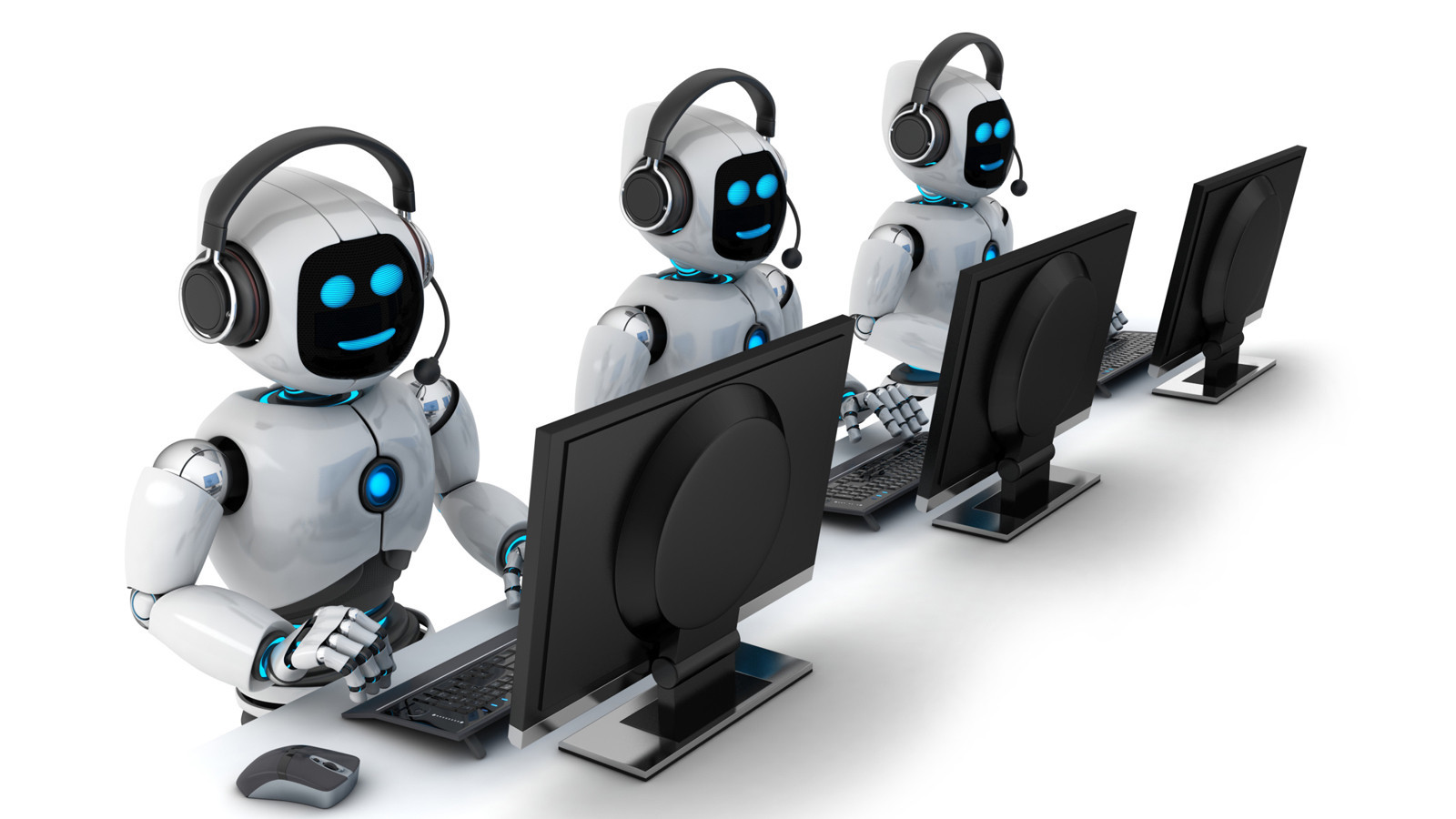In the next 25 to 50 years, which jobs will AI replace?
The impact of artificial intelligence (AI) on the labour market is a major worry in this era of rapid technological innovation. With the automation of processes and increased efficiency, AI has already made considerable strides in a number of industries. But as AI technology develops further, it begs the question: Which occupations will AI take over in the following 25 to 50 years? In this post, we'll examine the effects of AI on the labour market and the positions that stand to be most adversely impacted.
Summary of Contents
Introduction
The State of AI at the Moment
4.The Development of AI Jobs at Risk from Automation
4.1.Repetitive manual labour positions
4.2.Data entry and analysis
4.3. Client Service
4.4. Standard Healthcare Activities
5.Automation-Resistant Employment
5.1. Careers in the Arts and Humanities
5.2. Emotional Intelligence Roles
5.3. Complex Problem Solving
6.AI as a Support for Human Labour
7.Getting Ready for the Future Job Market: Moral and Social Aspects
8.Final Questions
Introduction
Since its inception, artificial intelligence has advanced significantly. Industries like manufacturing, healthcare, banking, and transportation have all been transformed by it. AI is poised to disrupt a number of job areas as it develops, raising concerns about job security and employment stability.
The State of AI at the Moment
We must first look at AI's current state in order to comprehend how it will affect jobs in the future. AI has already demonstrated its value in automating repetitive and routine tasks, such as labour on manufacturing lines.and analysis of data. Artificial intelligence is a useful tool in decision-making processes because machine learning algorithms can process enormous volumes of data.
The Advancement of AI
AI is constantly evolving; it is not static. Natural language processing, computer vision, and machine learning models are all developing incredibly quickly. Because of this growth, AI systems can now tackle increasingly complicated jobs and even come up with original solutions.
Jobs at Risk from Automation
Repeated Manual Labour Positions
Work on assembly lines in factories and some types of construction are examples of repetitive, physically taxing jobs that are vulnerable to automation. Robots with AI capabilities can complete these tasks precisely and reliably.
Entry and analysis of data
Jobs using data, such as data entry and simple data processing, are susceptible to automation. AI The requirement for manual intervention can be decreased by the effective processing and interpretation of data by algorithms.
Consumer Assistance
Virtual assistants and chatbots powered by AI are getting more and more smart at responding to support and customer service requests. While regular interactions can be automated, human agents are still useful for complicated problems.
Typical Healthcare Activities
AI is assisting in the healthcare industry with duties like patient record management and medical image analysis. Healthcare personnel may concentrate on patient care since AI can perform ordinary administrative tasks, even though it won't replace doctors or nurses.
Automation-Resistant Employment
Careers in the Arts and the Creative
Less automation is anticipated to occur in jobs that call on imagination, creativity, and aesthetic expression. These include creative fields like painting, music, literature, and design where the ability to be creative is essential.
Solving Complex Problems Complex problem-solving, critical analysis, and decision-making tasks are less amenable to automation by AI. These positions frequently call for a thorough comprehension of context and delicate judgement.
Roles of Emotional Intelligence
Counselling and therapy are examples of jobs that are difficult for AI to mimic because they demand empathy, compassion, and emotional intelligence. These positions are fundamentally about human interaction and comprehension.
AI as a Support for Human Labour
It's crucial to remember that AI can really improve human employment and does not necessarily pose a danger to existing jobs. Professionals in a variety of professions can benefit from valuable insights and assistance from AI tools, which can boost output and productivity.
Getting Ready for the Future of Employment
People must embrace lifelong learning and agility if they want to succeed in a labour market driven by AI. acquiring abilities Using skills that are compatible with AI, such imagination, emotional intelligence, and complicated problem-solving, can be an effective strategy.
Society's and Ethics' Considerations
The ethical issues of job displacement and privacy must be addressed as AI is more fully incorporated into the working. Society will need to develop strategies to make sure AI benefits everyone and does not worsen inequality.
Conclusion
In the next 25 to 50 years, AI will have a significant impact on the labour market. While some occupations will be lost to automation, others will prosper in conjunction with AI. The secret is flexibility, lifelong learning, and embracing the special traits that define the human experience.
FAQ:
1.Does AI have the potential to entirely replace human labour across all industries?
No, in many industries, AI is likely to complement human workers.Increasing efficiency and productivity rather than completely replacing people.
2. Are any professions completely immune to disruption by AI?
Jobs requiring a high level of emotional intelligence, creativity, and complex problem-solving are less vulnerable to disruption from AI.
3. How can people get ready for an AI-influenced work market?
People can get ready by developing complementing AI skills like creativity, adaptability, and critical thinking. The key is continuing education.
4. What ethical issues are raised by AI's application to the labour market?
Job loss, privacy concerns, and ensuring that AI benefits everyone in society, not just a chosen few, are some ethical concerns.






